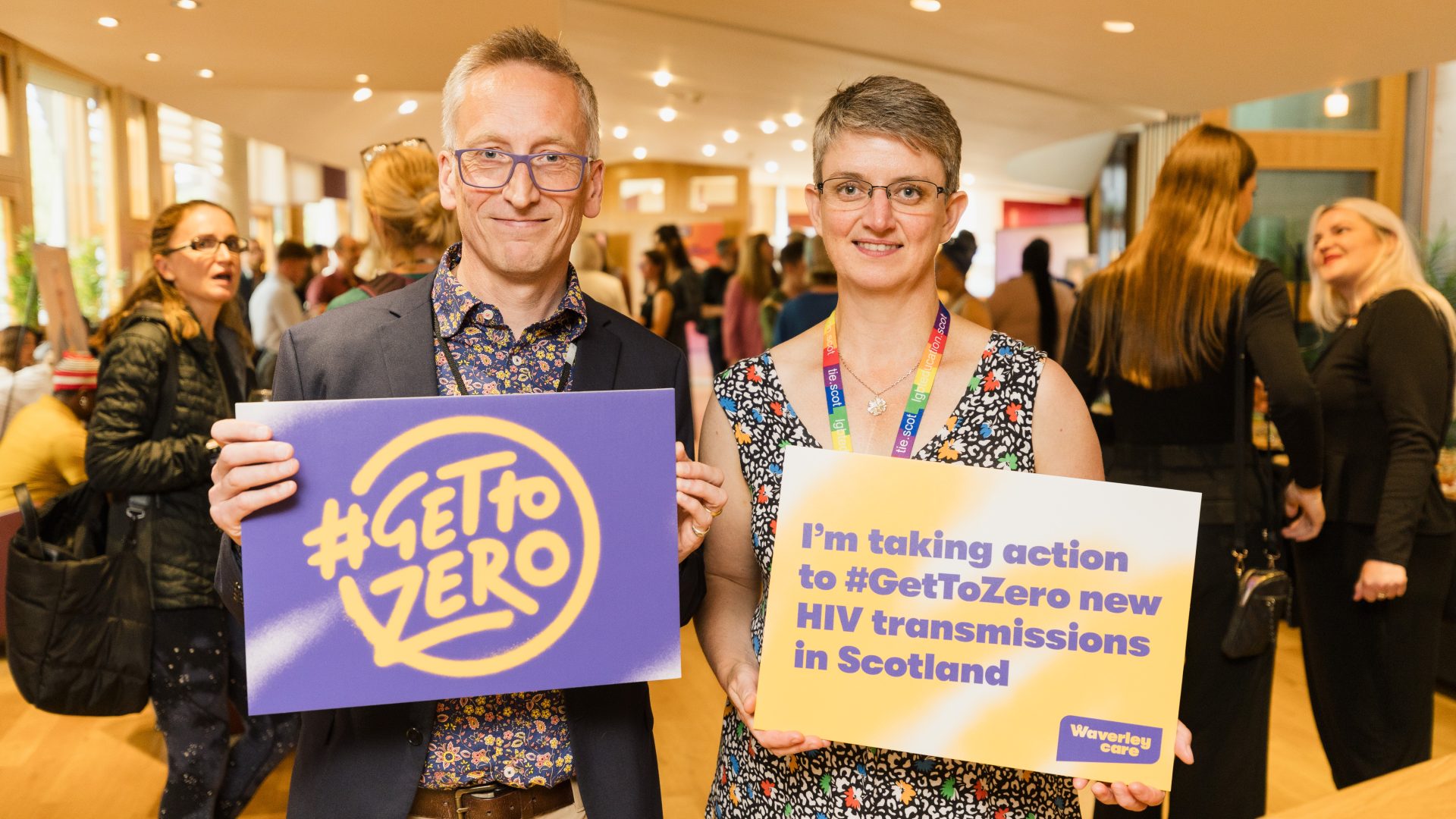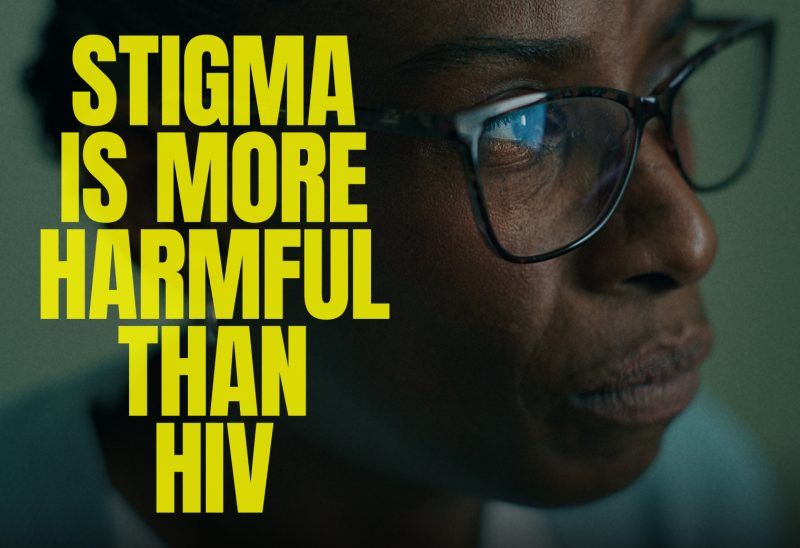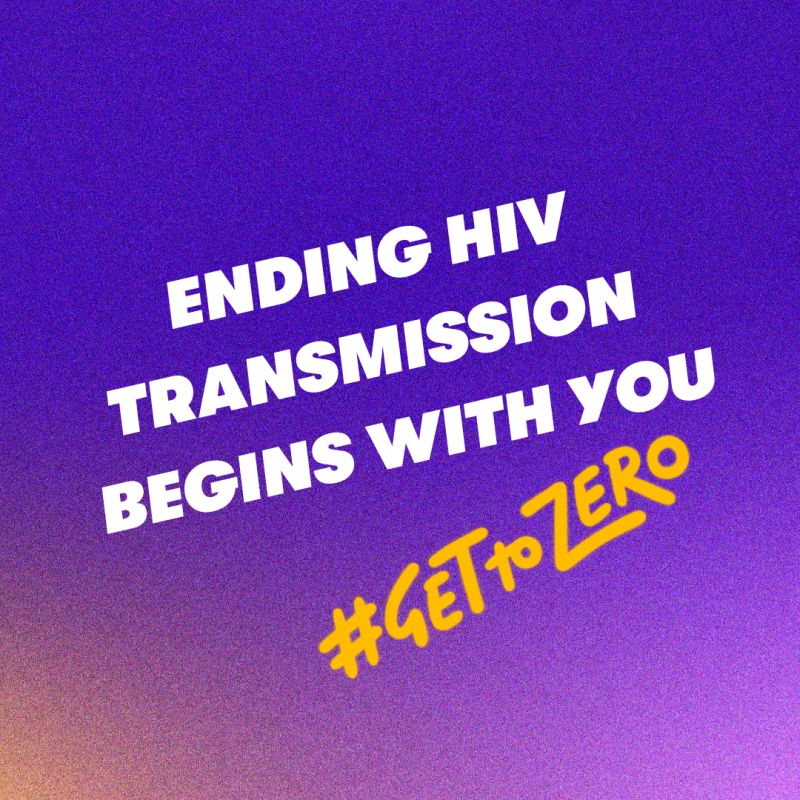A group of experts gave the Scottish Government 22 recommendations in 2022 for how they can reduce new transmission of HIV. Based on evidence across Scotland and worldwide, our campaign focuses on three of these recommendations.
Our Scottish Government asks to #GetToZero
-
Opt-out Blood Borne Virus testing in emergency departments
Our ask of the Scottish Government: We want to see ‘opt-out’ blood borne (BBV) virus testing introduced in Scotland’s emergency departments.
When people go to A&E and take a blood test, we want HIV and Hepatitis B & C to be automatically added to the list of conditions which are screened for. People will be able to ‘opt-out’ of this testing. This has been piloted in other parts of the UK, who have found it to be hugely successful in finding people who might not know they are living with HIV and other blood borne viruses. Those who are found to potentially have one of these viruses are then supported through tailored follow-up care.
In Scotland, the demographic of people who are at-risk or living with HIV is changing – recent data showed that most new cases of HIV are made up of heterosexual individuals, who might not typically think of themselves as being ‘at risk’. Earlier diagnosis also means that people can access HIV treatment earlier and have the biggest chance of getting better and becoming undetectable.
Opt-out blood borne testing is not a new idea – it is tried and tested. It already happens in other departments such as maternity care, and we know it works. It is so important for everyone in Scotland to be able to take an HIV test and opt-out testing is an accessible way for people to get tested.
-
A Scottish national HIV testing week
Our ask of the Scottish Government: We are calling for the introduction of a national HIV testing week in Scotland.
For many, taking an HIV test is not considered a part of their healthcare or routine. However, taking an HIV test is quick, easy and painless, and can be ordered online straight to your door. A national HIV testing week is an accessible way to ensure every person in Scotland can access an HIV test in whichever way suits them.
A national HIV testing week also helps to reduce HIV stigma by normalising testing and debunking myths about HIV. It highlights the importance of regular testing and taking control of your sexual health.
England and Wales have their own national HIV testing week, which recently saw over 16000 tests ordered. It’s time for Scotland to break down barriers to accessing testing and ensuring that everyone has equitable access to an HIV test – and a national HIV testing week is an important way to do so.
-
Universal access to PrEP
Our ask: We want equal access to PrEP (a medication used to prevent HIV) to be guaranteed across Scotland.
A medication called ‘Pre-exposure prophylaxis’ (PrEP) is a highly effective medication for preventing HIV, but public knowledge about it is low. We want PrEP to be available to everyone in Scotland who might benefit from it – regardless of where they live or their life circumstances.
Despite PrEP being a game-changing medication, you can currently only access it through a sexual health clinic, meaning not everyone in Scotland can get it. We want consideration to be given for PrEP to be made available in GPs and community pharmacies – settings that are community-based and more widely accessed. We also want to see a pilot of an e-PrEP clinic, to make sure people can get PrEP online.
Recent statistics have also shown that people who need PrEP are not accessing it – minority ethnic communities and women are accessing PrEP in very small numbers, with fewer than five heterosexual women being prescribed PrEP in 2020. Making sure that PrEP is available in more settings, and in an equitable way across Scotland, is vital to #GetToZero.
To read about our three evidence-based asks in more detail, you can download our #GetToZero document below.




